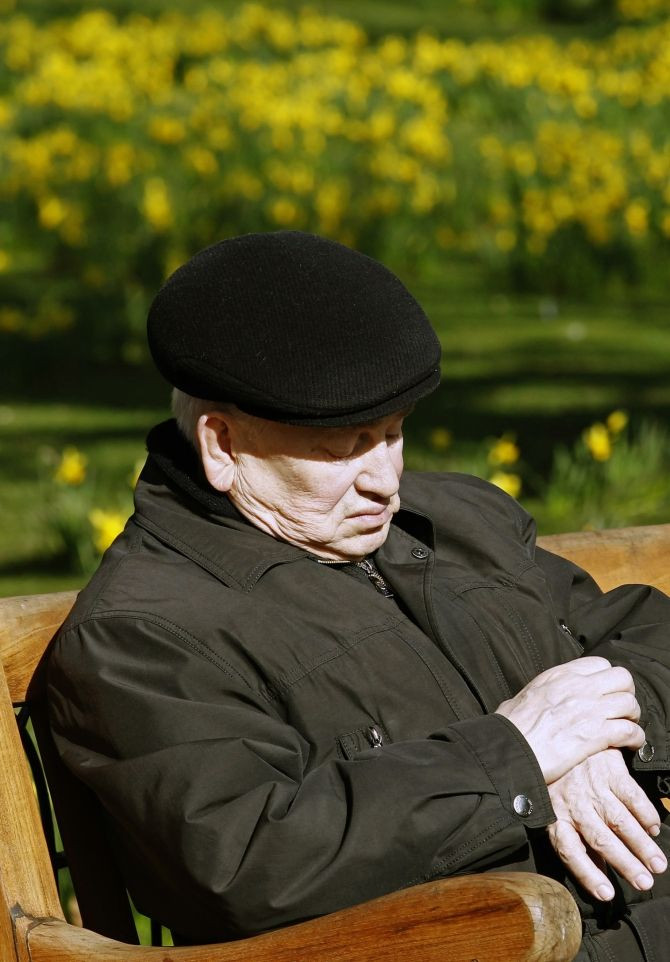Aging Brain Gets Stuck in Time

The aging brain loses its ability to recognize when it is time to move on to a new task, explaining why the elderly have difficulty multi-tasking, Yale University researchers report.
“The aged brain seems to get lost in transition,” said Mark Laubach, associate professor at the John B. Pierce Laboratory and the Yale School of Medicine, and senior author of a study that appears in the March 14 issue of The Journal of Neuroscience.
Laubach’s team was studying the impact of aging on working memory, the type of memory that allows you to recall that dinner is in the oven when you are talking on the phone. The researchers examined brain activity in the medial prefrontal cortex of young and older rats that is related to spatial working memory — the type of memory that allows you to recall, for example, that mashed potatoes are on the stove and the turkey is in the oven
Based on previous studies, they expected that it would be spatial memory most affected by aging. Instead, the Yale team found that the aged brain seems to lose its ability to respond to cues that indicate when it is time to move on to a new task.
This ability to transition between tasks is critical for many daily activities, such as cooking dinner or handling situations that can arise in the workplace. The brain’s failure to monitor the timing of actions leads people to forget to turn off a burner on the stove while setting the table.
The research team found that neurons in the medial prefrontal cortex of older rats reacted more slowly to signals indicating that reward was available. Conversely, these signals immediately triggered a response in younger rats.
“Neurons in older rats fired fewer spikes in response to reward-predictive cues. The animals failed to respond immediately to the cues. They seemed to be stuck in time,” Laubach said.
Researchers hope that by understanding the mechanisms of working memory, scientists might one day be able to slow or perhaps eliminate deterioration of these brain functions over a lifespan, Laubach said.
Other Yale researchers involved in the study are Marcelo S. Caetano, Nicole K. Horst, Linda Harenberg, Benjaminine Liu, and Amy F.T. Arnsten.
Laubach’s research is supported by grants from the National Institute on Aging of the National Institutes of Health and the American Federation for Aging Research.



























